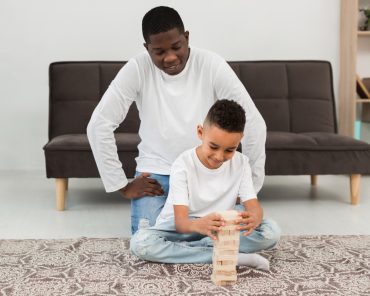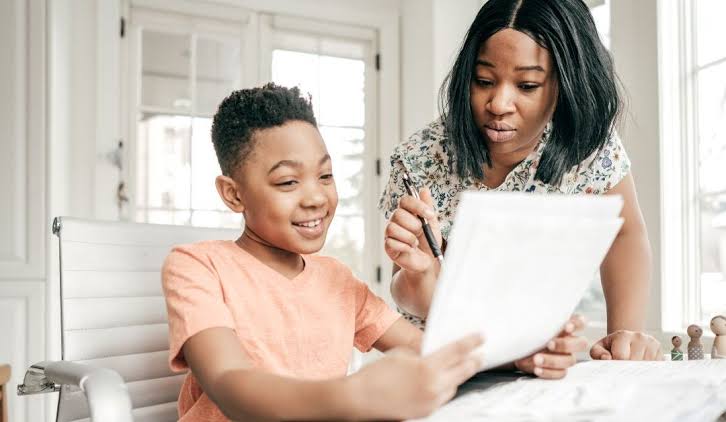Noah Mmesoma
Mmesoma is a 12-year-old with autism spectrum disorder (ASD). Soma has always been incredibly bright and has a deep passion for building intricate models of trains. However, Alex often struggles with social interactions and sensory sensitivities, which makes school and community activities challenging.
The Challenge:
Soma’s parents, Maria and Noah, noticed that Soma was becoming increasingly withdrawn. School had become a battleground of overstimulation and misunderstandings, leading to frequent meltdowns. Social situations felt overwhelming, and Soma had difficulty making friends. Maria and Noah were concerned about Soma’s well-being and wanted to find a way to help their child feel more connected and understood.
The Intervention:
Maria and Noah decided to seek help from a behavioral therapist, Ida, who specialized in working with children on the autism spectrum. The goal was to support Soma in developing coping strategies for sensory overload, improve social skills, and build self-confidence.
They used train-related activities to make learning more engaging.

- Sensory Integration Therapy: Jordan introduced Soma to various sensory activities to help them become more aware of their sensory preferences and tolerances. They worked on creating a sensory toolkit with items like noise-canceling headphones and fidget toys, which Soma could use when feeling overwhelmed.
- Social Skills Training: Through role-playing and social stories, Jordan helped Soma practice common social interactions. They focused on understanding body language, taking turns in conversation, and expressing feelings appropriately. Soma was encouraged to use these skills during group activities at school.
- Strength-Based Focus: Recognizing Soma’s passion for trains, Jordan incorporated this interest into therapy. They used train-related activities to make learning more engaging. For example, Soma built a model train as part of a project that also involved planning and problem-solving exercises, which helped boost Soma’s confidence and provided a sense of achievement.
- Parental Guidance: Jordan worked with Maria and Noah to develop strategies for supporting Soma at home and in social settings. This included creating a structured routine, setting up a quiet space at home, and developing a communication system to express when Alex needed a break or help.
The Outcome:
Over the course of several months, Soma began to show noticeable improvements. At school, Soma used their sensory toolkit and practiced social skills with newfound confidence. They joined a model train club, where they found a group of friends who shared their passion. The interactions were more positive, and Soma’s meltdowns became less frequent as they felt more understood and supported.






